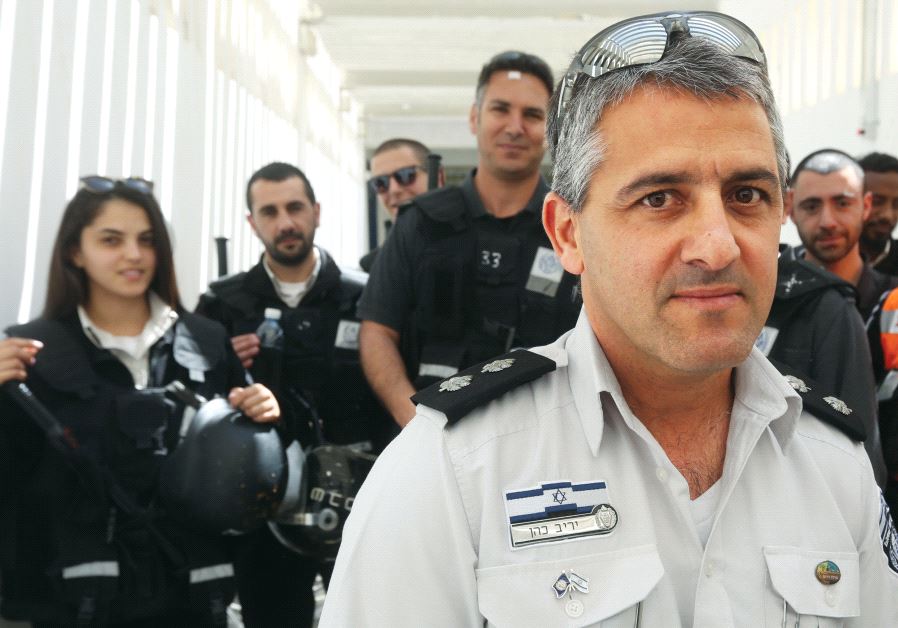Raising the bars - inside Israel's high security prisons
Nafha Prison’s deputy warden Yariv Cohen, who is in charge of many security prisoners and terrorists, talks of life in jail from his perspective.
 Nafha Prison’s deputy warden Yariv Cohen(photo credit: ARIEL BSOR)
Nafha Prison’s deputy warden Yariv Cohen(photo credit: ARIEL BSOR)